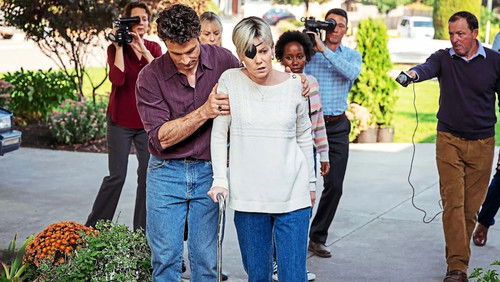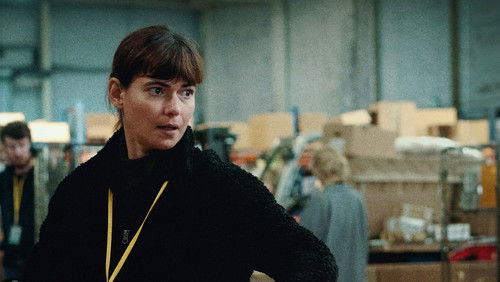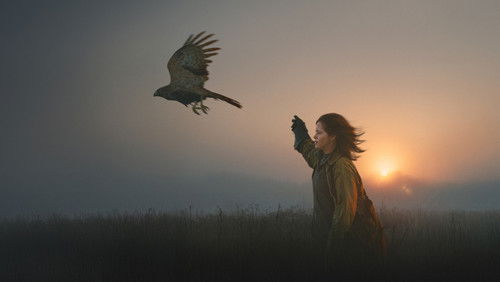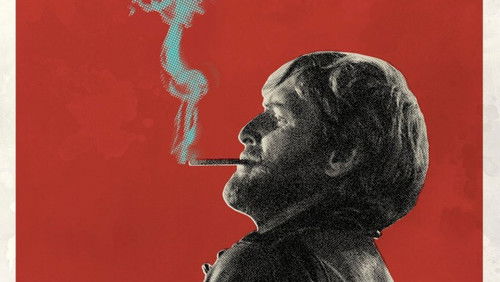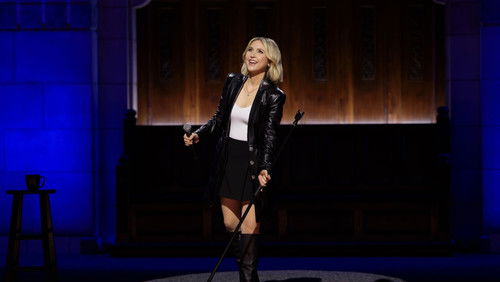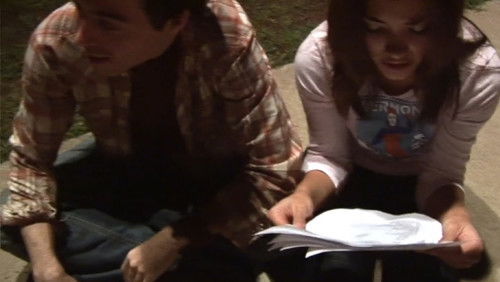Nashville (1975)
22KNashville: Directed by Robert Altman. With David Arkin, Barbara Baxley, Ned Beatty, Karen Black. Over the course of a few hectic days, numerous interrelated people prepare for a political convention.
“I suppose the brilliance of u0026quot;Nashvilleu0026quot; is that almost 30 years after its initial release, Robert Altmanu0026#39;s slice of Americana has lost none of its punch. Despite being made in the Watergate and Vietnam era, the film remains relevant as ever.u003cbr/u003eu003cbr/u003eIn fact, one could argue, the filmu0026#39;s even more relevant today in this age of celebrity-worship and apathetic, gutless American media who believe missing suburban wives are more pertinent and crucial to this nationu0026#39;s well-being than questioning facts and our leadersu0026#39; motives for waging a needless, costly war.u003cbr/u003eu003cbr/u003eThe filmu0026#39;s about the politics of country music, families, stardom, search for stardom, political manipulation and populist political candidates. The unseen presidential candidateu0026#39;s spiel in u0026quot;Nashvilleu0026quot; could easily have been sound bites from contemporary populists; he could be seen as the cinematic trend-setter for the Ross Perots, Jesse Venturas, Howard Deans and Ralph Naders.u003cbr/u003eu003cbr/u003eThe film is at once a political drama, musical and documentary all effortless woven together by a master storyteller, who truly is an American treasure. In u0026quot;Nashville,u0026quot; Altmanu0026#39;s overlapping dialogue works to perfection as he captures this panoramic view of five days in Nashville through the eyes of two-dozen characters.u003cbr/u003eu003cbr/u003eWith so many characters, itu0026#39;s Altmanu0026#39;s genius that he keeps this an engrossing character study. Although he tosses aside all conventions of narrative storytelling, we get to know characters better in u0026quot;Nashvilleu0026quot; than we do in many contemporary dramas with fewer characters. Thereu0026#39;s Ronee Blakleyu0026#39;s country singer; Lily Tomlinu0026#39;s doting housewife and mother; Scott Glennu0026#39;s caring soldier; Keith Carradineu0026#39;s lecherous pop star; Ned Beattyu0026#39;s disinterested father; Keenan Wynnu0026#39;s loving husband; Michael Murphyu0026#39;s sleazy campaigner; and Gwen Wellesu0026#39; sad wannabe country singer, whose scene at a political fund-raiser is heartbreaking. And Jeff Goldblumu0026#39;s motorcyclist and Geraldine Chaplinu0026#39;s Opal are the threads that weave through all the lives in this marvelous tapestry.u003cbr/u003eu003cbr/u003eThere are plenty of terrific songs in u0026quot;Nashvilleu0026quot; – some might complain too many – but the best are Carradineu0026#39;s Oscar-winning u0026quot;Iu0026#39;m Easyu0026quot; and u0026quot;It Donu0026#39;t Bother Me.u0026quot; They add to the nice sense of cynicism that layers the movie.u003cbr/u003eu003cbr/u003eAltmanu0026#39;s one of the big reasons the 1970s is regarded as the greatest decade of American filmmaking. Look at just a few of his contributions in that decade – u0026quot;Nashville,u0026quot; u0026quot;MASHu0026quot; (1970), u0026quot;Brewster McCloudu0026quot; (1970), u0026quot;McCabe and Mrs. Milleru0026quot; (1971), u0026quot;Imagesu0026quot; (1972) and u0026quot;The Long Goodbyeu0026quot; (1973). His films also influence other talented filmmakers, including Alan Rudolph (who worked on Altman films) and Paul Thomas Anderson, whose storytelling style – u0026quot;Boogie Nightsu0026quot; (1997) and u0026quot;Magnoliau0026quot; (1999) – clearly is Altman-inspired.”
